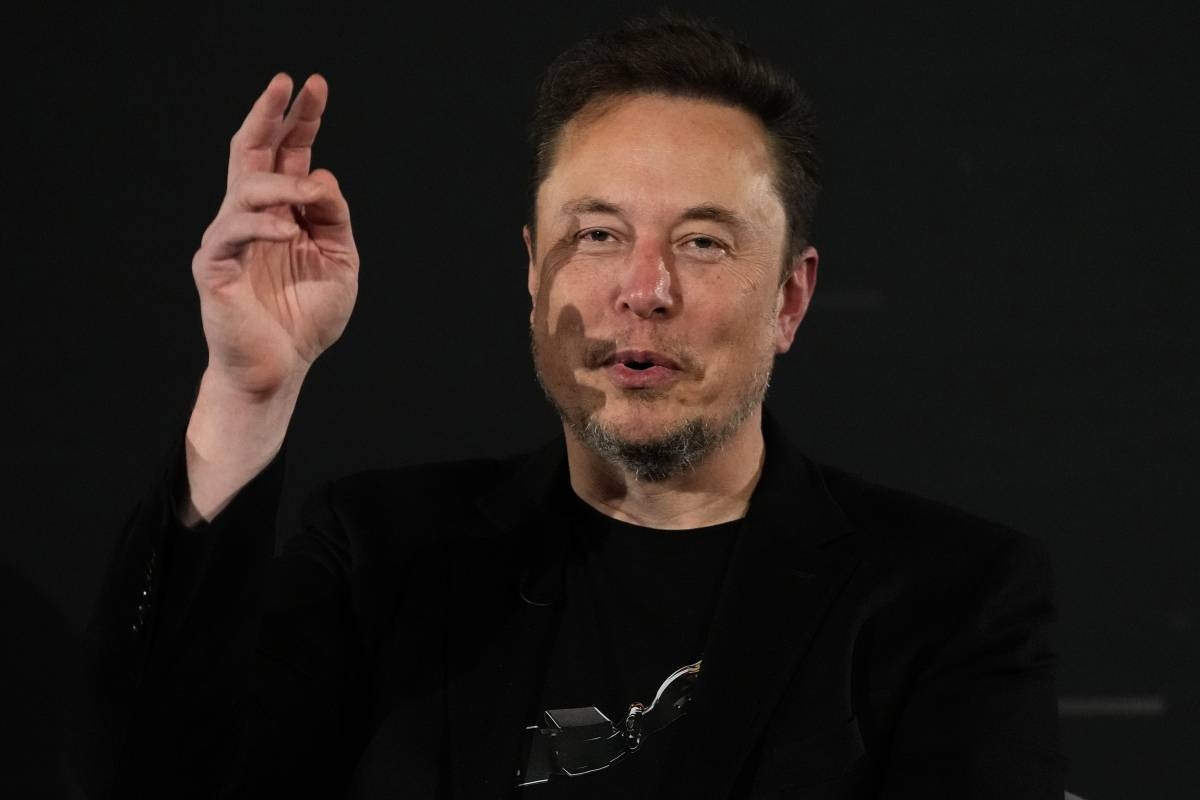The world is facing an alarming trend of growing wealth inequality, with the possibility of the first trillionaire emerging within the next decade, according to Oxfam International. The anti-poverty organization released its annual assessment of global inequalities at the World Economic Forum’s annual meeting in Davos, Switzerland. Oxfam warns that the gap between the superrich and the rest of the global population has been exacerbated by the COVID-19 pandemic, creating what they describe as a “decade of division.”
Highlighting the staggering increase in wealth for a select few, Oxfam points out that the fortunes of the five richest individuals have surged by 114 percent in real terms since 2020. This group includes prominent figures such as Tesla CEO Elon Musk, luxury company LVMH’s Bernard Arnault and his family, Amazon founder Jeff Bezos, Oracle founder Larry Ellison, and investment guru Warren Buffett. Their accumulated wealth now stands at a mind-boggling $869 billion, up from $340 billion in March 2020.
Oxfam’s interim executive director, Amitabh Behar, emphasizes the alarming consequences of this wealth disparity. While the top five billionaires have doubled their wealth, nearly 5 billion people have become poorer. Behar underscores the urgency of the situation by stating that it would take more than 200 years of poverty eradication efforts to counterbalance the wealth accumulation of these few individuals.
The prospect of a trillionaire, someone with a net worth of one thousand billion dollars, within the next decade is not only a cause for concern but also a reflection of the extreme concentration of wealth. This hypothetical trillionaire would possess a wealth equivalent to that of oil-rich Saudi Arabia, underscoring the magnitude of the issue.
It is important to note that the current richest person in the world is Elon Musk, with a personal fortune of just under $250 billion. Oxfam’s calculations are based on figures from Forbes, a reputable source for tracking billionaires’ wealth. However, it is worth mentioning that the next trillionaire might not even be on the current list of the richest individuals.
The COVID-19 pandemic has further exacerbated global wealth disparities, particularly in developing nations. While richer countries were able to provide financial support during lockdowns, many developing nations lacked the necessary resources to do so. As a result, nearly 5 billion people have seen their economic situation worsen since the pandemic began.
Oxfam also highlights the impact of geopolitical events on wealth inequality. The organization points out that Russia’s invasion of Ukraine in February 2022 led to soaring energy and food costs, disproportionately affecting the poorest nations. These events further compound the challenges faced by those already struggling to make ends meet.
To address this growing wealth gap, Oxfam proposes several measures as part of an “inequality-busting” agenda. These include implementing permanent taxation of the wealthiest individuals in every country, ensuring more effective taxation of large corporations, and intensifying efforts to combat tax avoidance.
In conclusion, Oxfam’s annual assessment of global inequalities serves as a wake-up call to the world. The wealth gap has been amplified by the COVID-19 pandemic, and urgent action is needed to prevent further division. The possibility of a trillionaire emerging within the next decade underscores the extreme concentration of wealth and the need for measures to address this issue. By implementing policies that promote fair taxation and combat tax avoidance, we can strive towards a more equitable world where prosperity is shared by all.







